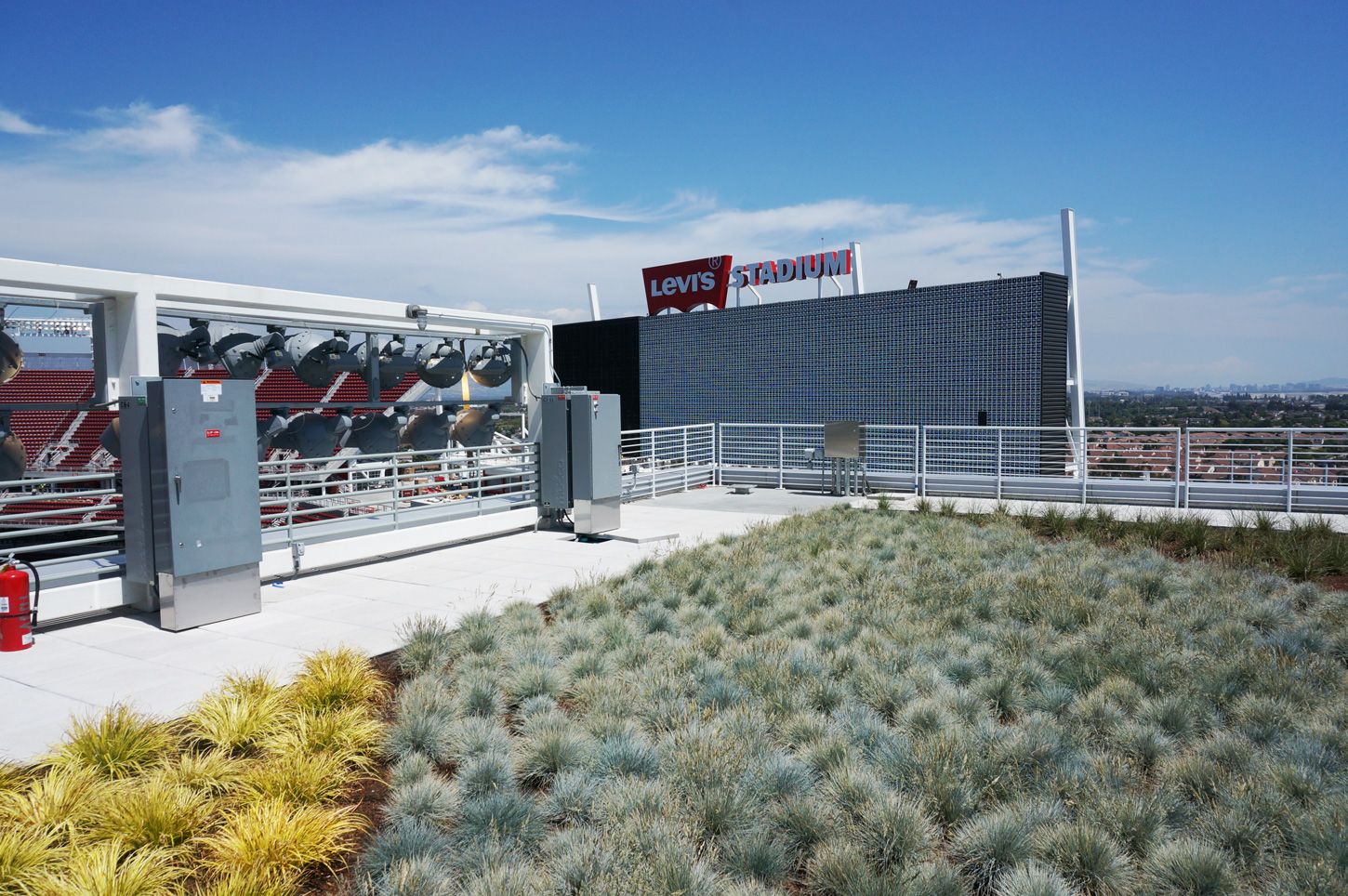Virtual worlds similar to those experienced by game players of the global phenomena Minecraft and SimCity could be used to help test potential new water infrastructure development in the UK. Experts from the University of Exeter are pioneering a new computer platform in which water engineers can simulate how existing and prospective new water systems will cope with issues, threats, and risks, such as land management and flooding, in a virtual environment.
The team of engineers from Exeter, led by Professor Dragan Savic, has received a substantial grant from the Engineering and Physical Sciences Research Council (EPSRC) to develop the program.
“Understanding water and its interdependencies with food, energy and the environment is vital if water is to be managed effectively and efficiently,” said Professor Savic, an expert in the field of Hydroinformatics. “For example, the way a switch to growing biofuels at large scale could affect our food production and how that in turn impacts the availability and quality of water are complex issues that are difficult to monitor and will vary greatly by region.”
The researcher’s project investigates a “Serious Gaming” approach — called the Nexus Game — as the basis for developing more effective and timely infrastructure policy and decisions at various local, regional, national, and temporal scales. The use of Serious Games, also called decision games, is becoming more popular and allows users to experience situations that are impossible in the real world for reasons of safety, cost, time, or their rare occurrence. The Nexus game will focus on the unique interplay of infrastructure and the Nexus in the UK and will consist of a number of roles, which include policy makers or government, residents, farmers, businesses, water utilities, and city planners.
The game will be used not only to analyze infrastructure policy options under conditions of uncertainty, but also for educational and capacity building purposes. Players’ behavior during the game could be data mined to improve the decision making process and the social interaction between the parties.





